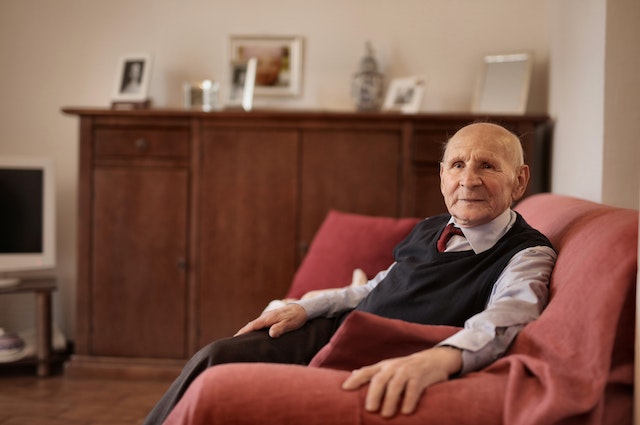When it comes to the elderly, personal alarms are primarily marketed as items that may provide accessible, perhaps life-saving, emergency communication in the event of an accident. Children, residents with disabilities, and those recovering from surgery or sickness may also benefit from the protection these devices provide, known as safety alarms.
These safety alarms may be configured to contact a specific person or a 24-hour monitoring service. The position of many models may be tracked automatically, and some even allow you to install extra entertainment applications. And with that, you would surely want the best personal security alarm possible, and by being the best, it should mean that the device you purchase has the best possible feature a security alarm could have.
In this blog, let us explore the key features that make up a good and quality personal security alarm that meets all your needs.
Key Features That Make the Best Personal Security Alarm Device
You most likely purchase your personal security alarms online or through establishments specialising in aged care. For you to be guided on what to look out for, we have listed some key features to help you find and get the best personal security alarm possible.
- Certification
- The Australian Communications and Media Authority (ACMA) mandates that all vendors of products connected to mobile networks meet specific compliance standards. Personal alarms are included in this category, and having this certification means that the product is safe to use.
- Contacts
- Try to find a personal alarm that allows you to add many contacts. One’s network is only as strong as its weakest link. Until someone responds to the alert, it will continue to cycle through them.
- Fall Detection
- Models with fall detection should be considered for those with mobility issues, movement problems, or a risk of falling, such as those with epilepsy. If they cannot do it alone or become unconscious, this might trigger an alert.
- Geo-fencing
- If you’re responsible for someone who often walks around, it might be helpful to know when they travel somewhere they haven’t been before. A notification will be sent to a designated contact whenever the gadget goes beyond this figurative boundary.
- GPS location
- The purpose of this feature is to keep tabs on the person wherever they go. If the user is often out and about on their own, you may want to consider a GPS-enabled device so that you can quickly locate them in an emergency.
- Lack of activity alert
- An alarm is sent to a designated contact if the sensor fails to pick up any motion after a certain period.
- Longer Battery Life
- It’s helpful to have longer battery life if you forget to charge it the night before. The battery life of a personal alarm should be at least 24 hours while actively being used, if not longer.
- SOS button
- Choose one with a big SOS button if the user has restricted dexterity owing to problems like arthritis or eyesight impairment. The inability to clearly view and operate a small touch screen during a critical situation might have fatal consequences.
- Speed Tracking
- A notification is sent to a designated contact whenever the user suddenly begins a fast-paced movement, such as getting into a vehicle or train.
- Waterproof and Dustproof
- Look for a device that says it is “water resistant,” “waterproof,” or, even better, with an IP rating of at least IP67. This will make it resistant to the dirt and water splashes that occur naturally in daily life, and it may even be used in the shower. If the device is dropped into a shallow body of water, such as a puddle, sink, or toilet, its IP67 rating should protect it.


